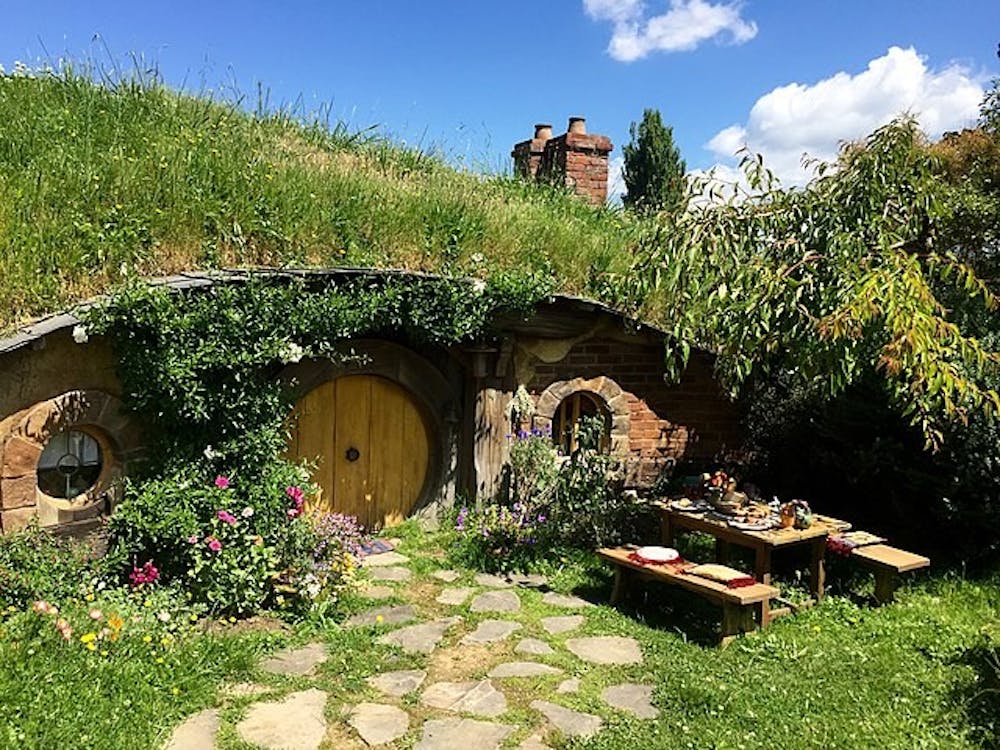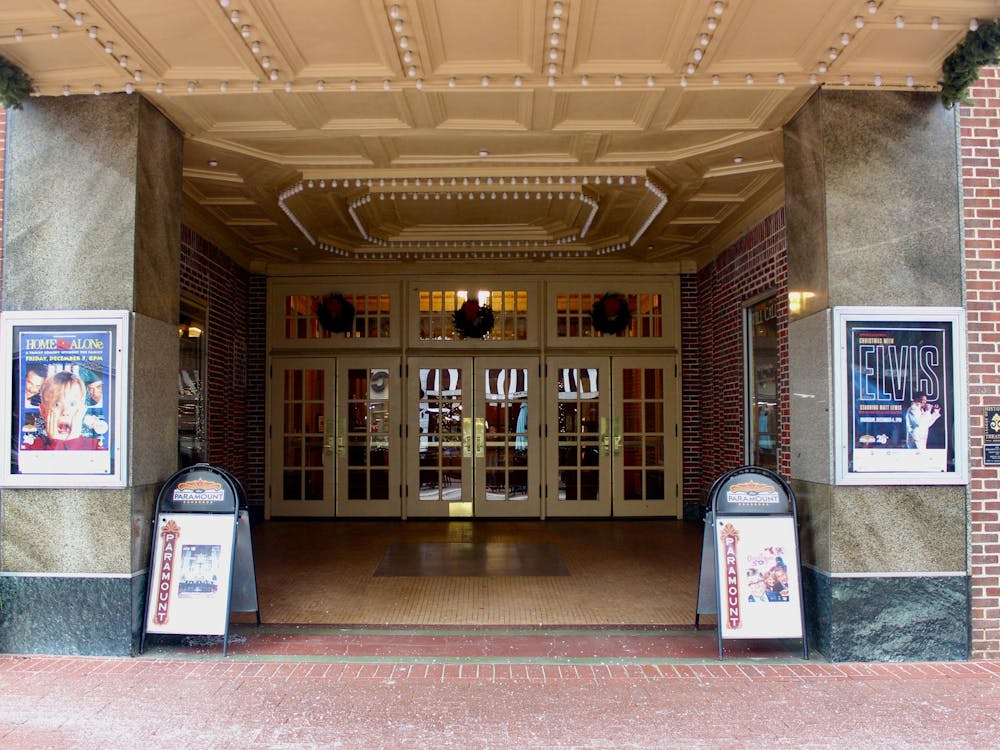The legacy that author J.R.R. Tolkien built in the “Lord of the Rings” franchise since the first book hit shelves in 1954 is staggering, so when fans heard that Amazon Prime was funding an original spinoff show called “Rings of Power” based on Tolkien’s work, they were skeptical at best.
Despite Amazon pouring 465 million dollars into the show’s production, fans still worried that the essence of Tolkien’s Middle Earth would be tarnished by those who didn’t understand what made “Lord of the Rings” great in the first place. Based on the series premiere, it seems like “Rings of Power” will neither be a testament nor a detriment to Tolkien’s legacy, but instead a forgettable addition to the series as a whole.
“Rings of Power” is a prequel to the “Lord of the Rings” series, set before the titular rings were even forged. The series follows the origin of a few familiar faces from the original series, such as Galadriel, played by Morfydd Clark, and Elrond, played by Robert Aramayo, but introduces new characters as well.
Such new characters include Nori, played by Markella Kavenagh, a curious hobbit that wants to explore the outside world, and Arondir, played by Ismael Cruz Cordova, an elf who is in love with a human woman. These characters discover that evil lurks on the horizon, and that they must traverse into unknown dangers to save all that they love.
The visuals, at least, are absolutely stunning. Every part of the world has a signature look that adds character to the community that it represents. The elven capital of Lindon is a shimmering city of vibrant golds, pure whites and verdant greens –– the representation of elves’ ethereal nature.
The Hobbit village in which Nori resides is homier, with lush trees and plump berry bushes making up the simple, comfortable life that Hobbits prefer. And in Southland, mankind exists in a drabber, gray environment, the lingering remnants of when they sided with the evil Morgoth in times long past. It’s truly a captivating visual experience.
But “Rings of Power” seems to lack imagination when it comes to building on top of the foundations that Tolkien laid. Instead of expanding the lore of Middle Earth, it relies heavily upon it, portraying old and new characters alike as two-dimensional beings. Prequels offer the chance to explore familiar characters that didn’t get as much attention, but “Rings of Power” leaves old characters as flat copies of their original selves, without any unique traits or nuance.
For example, Galadriel’s only personality trait so far has been her need to kill Sauron and avenge her brother. New characters, meant to be a series refresher, fulfill old stereotypes. Arondir is singularly characterized by the human-elven conflict that has featured in every Lord of the Rings book and movie so far.
Even the plot lacks any originality. Because it is a prequel, anyone even remotely familiar with the series knows that Galadriel will not kill Sauron, so her only defining goal is rendered impossible from the beginning. It is also hard to be shocked by anything, because every place the characters visit has some story already attached to it that will be told in the future.
The dwarves’ Mines of Moria would seem like a peaceful, thriving city, if not for the knowledge that their greed would lead to their violent collapse. “Rings of Power” had the chance to take us to multiple cities and civilizations in Middle Earth that have not yet been explored, but instead decided to rehash the same familiar places as before.
The pacing of the show is off as well. The episodes are long and, although they are visually stunning, there is little urgency to anything any of the characters are doing. It is almost as if the writers are aware that they have infinite space to execute minimal ideas, so they stretch what little they have over hour-long episodes.
Since there seems to be little original content or expansion upon the source material, it is hard to justify the existence of “Rings of Power.” However, there is still hope that there is more to this series than currently meets the eye. Only two episodes have been released so far, which means there is time for “Rings of Power” to actually expand upon Tolkien’s foundation rather than rely on it. Until then, “Rings of Power” will remain a diluted copy of a thrilling fantasy series.







